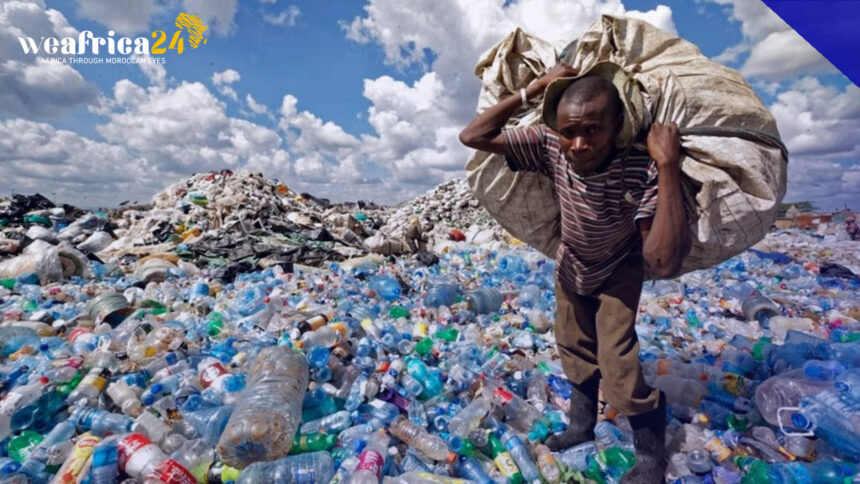This Friday in Paris marks the final day of the second round of international negotiations to draw up a treaty against plastic pollution, which is poisoning nature and human health, with 175 countries represented.
This UNESCO-based meeting brings together NGOs, scientists, and plastic lobbyists to put their views to the States. Industrialists have something to lose if the treaty is ever ambitious.
This week, Jean-Yves Daclin, head of the French branch of Plastics Europe, has been following the negotiations and talking to governments. The aim is to ensure that the interests of plastic resin manufacturers in Europe are heard.
With this in mind, Jean-Yves Daclin believes that it is not possible to ban all single-use plastics, but that this should be dealt with on a case-by-case basis, as it could have counter-productive impacts. In his view, the solution is to tackle problematic and unnecessary applications on a country-by-country basis.
The lobbyist insists that the industry is already making efforts, with lighter, more recyclable plastics. As a result, we cannot impose an arbitrary ban, in his view, because there are areas that require the use of single-use plastics, such as healthcare, where these materials are indispensable.
For her part, Delphine Lévi-Alvarès, from the Center for International Environmental Law, retorted that there was no commitment on the part of manufacturers to reduce production, simplify the plastics produced or detoxify the plastics produced. For him, “there is no assumption of responsibility for upstream pollution”.
Given that global plastics production has spiraled out of control, topping 450 million tonnes a year – a figure that is set to triple by 2060 – the aim of this new draft text, known as “draft zero”, is to control the production, consumption, and end-of-life of plastics.
The aim of this text, which proposes a ceiling to limit manufacturing, is not to create difficulties for manufacturers and oil-producing countries, which produce plastics, but to find alternatives to this material by favoring, for example, wood- or plant-based products.
African countries, which are major importers of this material but lack the technical resources to manage plastic waste, will reap the benefits of this project, which also aims to eliminate the use of substances considered hazardous.







